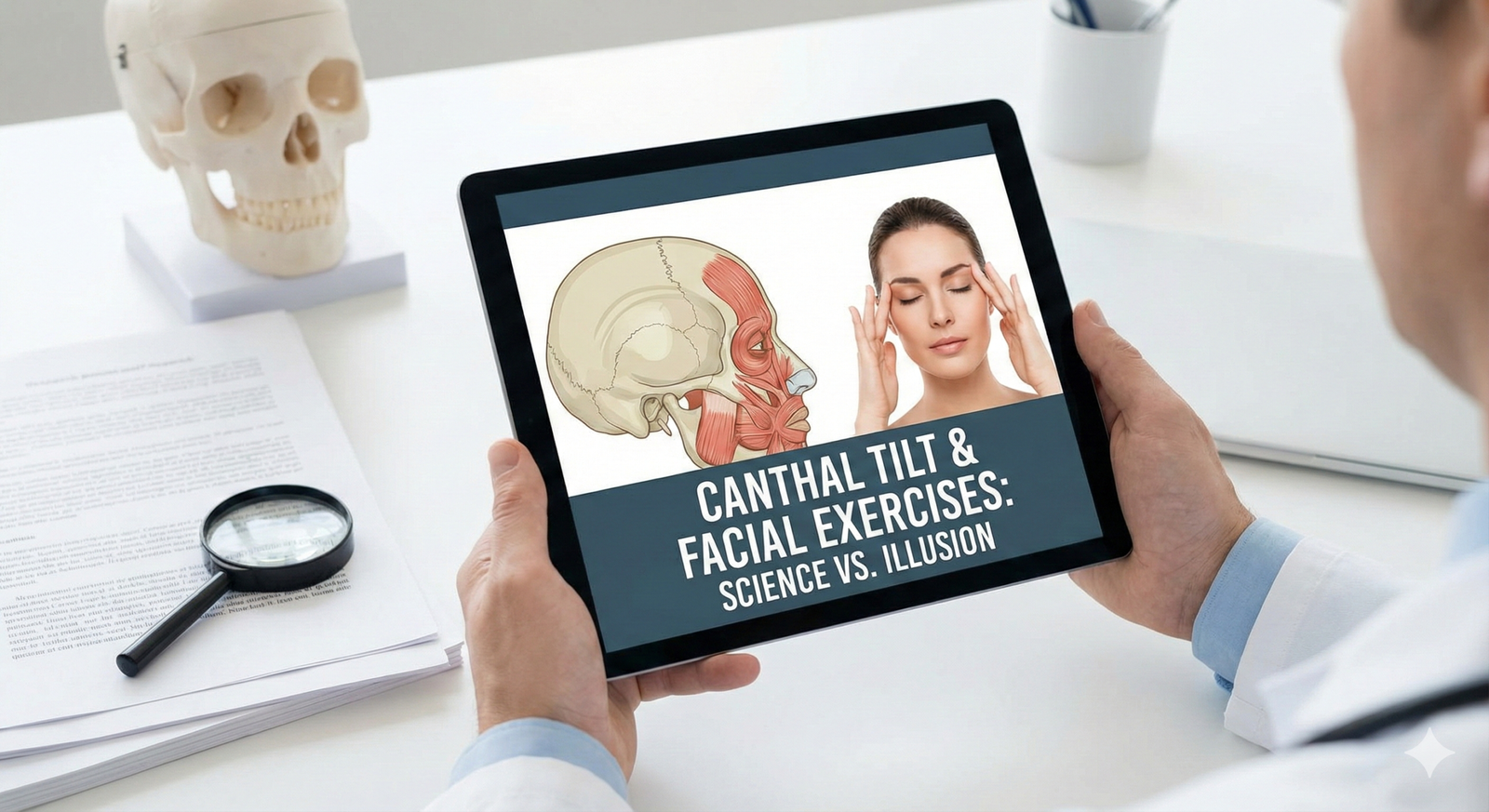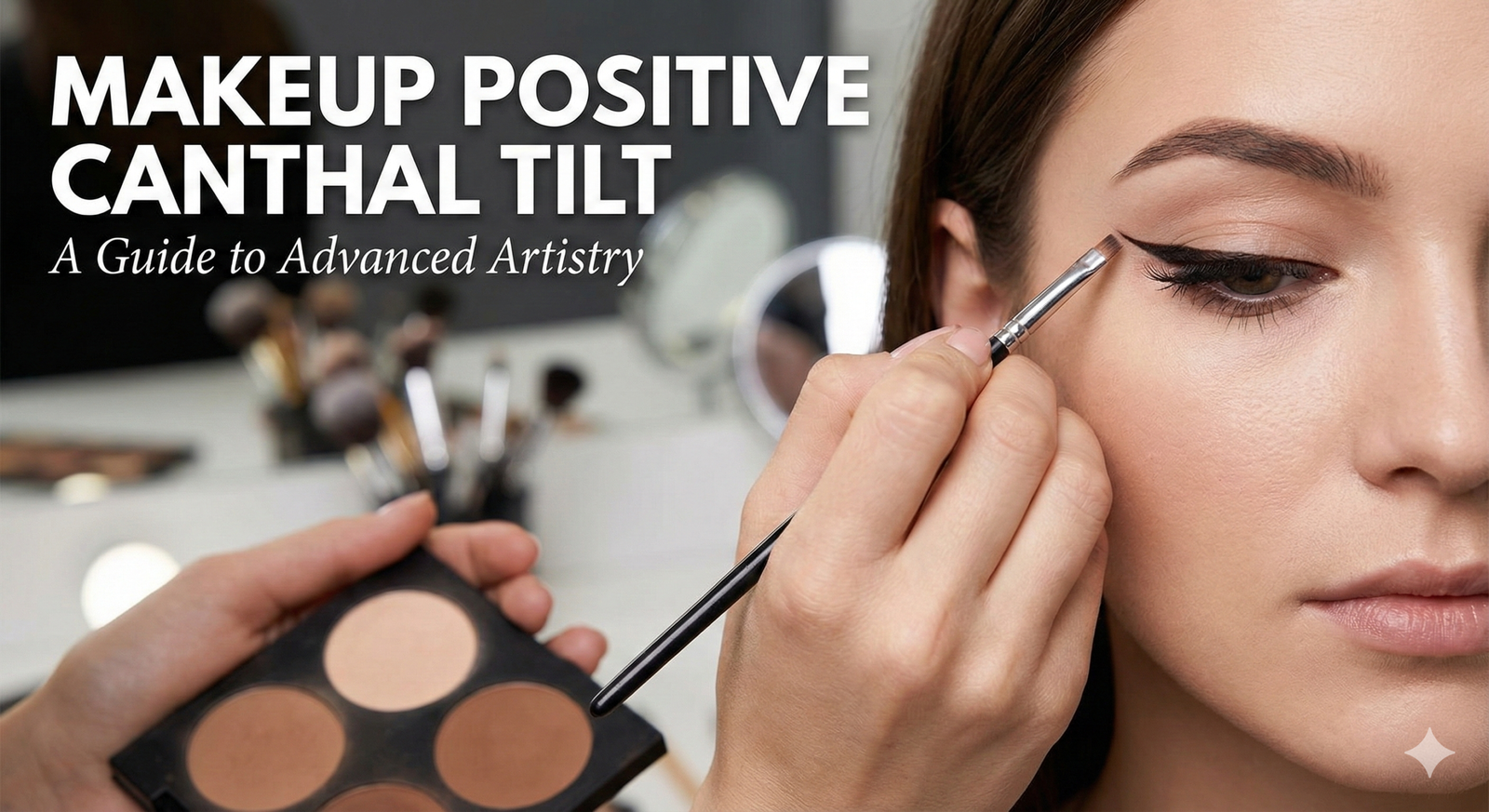Introduction to Facial Skin Tone
Facial skin tone refers to the natural color of an individual’s skin, which is primarily determined by the amount and type of melanin present. Melanin is a pigment produced by specialized cells known as melanocytes, and it plays a crucial role in giving skin its distinctive hue. A person’s facial skin tone can range from very light to very dark, with numerous shades in between, each influenced by a variety of factors.
Genetics is one of the most significant determinants of skin tone. The genetic makeup inherited from one’s parents dictates the baseline level of melanin production, which in turn defines the natural skin color. However, environmental exposure can also have a profound impact. For example, prolonged exposure to ultraviolet (UV) radiation from the sun can lead to tanning, which temporarily darkens the skin. Over time, repeated sun exposure may result in lasting changes to skin tone and texture.
Lifestyle choices further contribute to variations in facial skin tone. Factors such as diet, hydration, and skincare routines can either enhance or detract from the natural appearance of the skin. A balanced diet rich in vitamins and antioxidants can promote a healthy glow, while proper hydration helps maintain skin elasticity and smoothness. Conversely, poor dietary habits, dehydration, and neglect of skincare can lead to a dull and uneven complexion.
The significance of skin tone extends beyond mere aesthetics. It often plays a pivotal role in the overall perception of an individual’s appearance and can influence first impressions. A clear and even skin tone is frequently associated with health and vitality, making it an essential aspect of one’s facial attractiveness. Understanding the factors that influence skin tone can therefore be a valuable asset in managing one’s appearance and enhancing personal confidence.
Historical and Cultural Perspectives on Skin Tone
Throughout history, the perception of facial skin tone has varied significantly across different cultures and epochs. In many ancient civilizations, a lighter skin tone was often associated with nobility and leisure, as it implied that one did not have to labor under the sun. For instance, in ancient Greece and Rome, lighter skin was considered a sign of beauty and high social status. Conversely, in several African and South Asian cultures, darker skin tones were celebrated and considered beautiful.
Colonization had a profound impact on these perceptions. European colonizers often imposed their own beauty standards, which favored lighter skin, on the colonized regions. This imposition led to a long-lasting preference for lighter skin in many post-colonial societies. Media and globalization further perpetuated these standards, with Western beauty ideals becoming dominant in global media. Films, advertisements, and fashion often showcased lighter-skinned individuals as the epitome of beauty, reinforcing these biases worldwide.
However, it is essential to recognize the diversity of beauty standards that have existed and continue to exist. For example, in Japan, the Heian period valued very fair skin, but this was achieved through cosmetic practices rather than natural skin tone. In contrast, contemporary trends in South Korea emphasize a clear and even skin tone, regardless of how light or dark it is, showcasing a shift towards appreciating overall skin health.
In many African cultures, darker skin tones have always been cherished. For instance, the Maasai people of Kenya and Tanzania traditionally value darker skin and view it as a symbol of beauty and strength. Similarly, in India, there is a growing movement challenging the preference for lighter skin, advocating for the celebration of all skin tones.
Overall, the valuation of facial skin tone is deeply rooted in cultural and historical contexts. While colonization and media have significantly influenced global beauty standards, there is a growing recognition of the beauty in all skin tones, reflecting a more inclusive and diverse understanding of attractiveness.
Perceptions of skin tone hold significant psychological weight, influencing individuals’ self-esteem and mental health. The concept of colorism, which refers to the preferential treatment of individuals based on the lightness or darkness of their skin, is a stark manifestation of these perceptions. Colorism often leads to social and economic disparities, and its impact on mental health can be profound. Research indicates that individuals with darker skin tones may experience higher levels of stress and lower self-esteem compared to their lighter-skinned counterparts.
Self-esteem is closely tied to societal standards of beauty, which are often perpetuated by media and cultural norms. Social media platforms, in particular, play a crucial role in shaping perceptions of skin tone. The ubiquitous presence of filters and photo-editing tools can create an unrealistic standard of beauty, leading individuals to feel inadequate or dissatisfied with their natural skin tone. Studies have shown that exposure to these idealized images can exacerbate feelings of insecurity and contribute to body dysmorphic disorders.
Expert opinions suggest that the internalization of negative stereotypes associated with certain skin tones can also impact one’s mental health. For instance, darker-skinned individuals may face implicit biases that affect their social interactions and professional opportunities. This ongoing discrimination can lead to a heightened sense of alienation and depression. Conversely, individuals with lighter skin tones may experience a form of ‘privilege,’ where their skin color is perceived as more desirable, contributing to higher self-esteem levels.
Moreover, educational and awareness campaigns aimed at deconstructing these harmful stereotypes are essential. Initiatives that promote diversity and inclusivity can help mitigate the psychological impact of skin tone perceptions. Mental health professionals also emphasize the importance of developing a positive self-image through therapy and community support. By addressing the root causes of colorism and fostering a more inclusive society, we can work towards reducing the psychological burden associated with skin tone perceptions.
The Role of Skin Tone in Physical Attraction
The role of skin tone in physical attraction has been extensively studied within the realms of scientific research and evolutionary biology. A number of studies suggest that skin tone can indeed play a significant role in perceived attractiveness. One theory posits that skin tone serves as a health indicator, signaling an individual’s overall well-being. For instance, a clear, even skin tone is often associated with a lack of disease and good nutrition, factors that are evolutionarily advantageous when selecting a mate.
From an evolutionary biology perspective, the preference for certain skin tones can be traced back to ancestral environments. In regions with high ultraviolet (UV) exposure, darker skin tones evolved as an adaptive trait to protect against UV radiation. Conversely, in areas with lower UV exposure, lighter skin tones evolved to maximize vitamin D absorption. These adaptive traits have transcended time, contributing to the modern-day perceptions of attractiveness linked to skin tone.
Moreover, skin tone is frequently considered alongside other physical attributes such as facial symmetry, body proportions, and hair texture. Facial symmetry, for example, is universally regarded as an indicator of genetic fitness and overall health. Studies have shown that individuals with symmetrical faces are often perceived as more attractive. While skin tone is an important factor, it operates within a broader context of physical attributes that collectively influence perceptions of attractiveness.
Additionally, skin tone can interact with other health indicators to enhance perceived attractiveness. For instance, a glowing, evenly-toned skin can highlight the symmetry of facial features, further amplifying attractiveness. In contrast, uneven skin tone or blemishes may detract from an otherwise symmetrical and appealing face.
In essence, while skin tone alone can significantly impact physical attraction, it is one of many elements that contribute to an individual’s overall attractiveness. The interplay between skin tone, symmetry, and other health indicators provides a comprehensive picture, suggesting that the attractiveness of skin tone is not isolated but part of a complex matrix of physical traits.
Skin Tone and Skincare Industry
The skincare and beauty industry plays a pivotal role in shaping societal perceptions of ideal skin tone. With a plethora of products targeted at different skin tones, the industry has evolved to address a diverse customer base. Companies now offer a wide range of skincare products, including cleansers, moisturizers, serums, and sunscreens, specifically formulated to cater to various skin tones. This has been a significant shift from the past when the market was predominantly geared towards lighter skin tones.
Marketing strategies in the beauty industry have also undergone a transformation. Companies are increasingly adopting inclusive marketing, showcasing models of different ethnicities and skin tones in their campaigns. This shift is not just a trend but a reflection of a growing acknowledgment of the beauty in diversity. The use of diverse skin tones in advertising helps to normalize and celebrate all skin tones, moving away from the outdated notion that only certain skin tones are desirable.
Inclusivity in the skincare and beauty industry is not only about product range but also about representation. Brands like Fenty Beauty and Glossier have set benchmarks by offering extensive shade ranges and inclusive marketing campaigns. These companies have demonstrated that there is a strong market demand for products that cater to a broad spectrum of skin tones. This inclusivity helps to foster a sense of belonging among consumers, making them feel seen and valued.
However, the influence of the skincare and beauty industry on societal perceptions of skin tone is a double-edged sword. While it promotes inclusivity, it also perpetuates certain ideals of beauty. The emphasis on achieving a “perfect” skin tone can create unrealistic expectations and pressure individuals to conform to these standards. This underscores the importance of promoting healthy skin practices over unattainable beauty ideals.
In essence, the skincare and beauty industry has a profound impact on how society views skin tone. By embracing inclusivity and diversity in their product offerings and marketing strategies, the industry can play a crucial role in redefining beauty standards and fostering a more inclusive perception of skin tone.
Natural vs. Altered Skin Tone
In contemporary society, the debate surrounding natural versus cosmetically altered skin tones remains a focal point of discussion. The allure of a good facial skin tone, whether achieved naturally or through cosmetic means, varies across different cultures and individual preferences. This divergence is evident in the prevalence of skin lightening, tanning, and other cosmetic procedures aimed at altering one’s natural skin tone.
Skin lightening practices are particularly common in many parts of Asia and Africa. These procedures are often driven by deep-rooted cultural beliefs that equate lighter skin with beauty, social status, and economic success. Conversely, in Western societies, tanning—whether via sun exposure or artificial means like tanning beds and sprays—is popular, with a bronzed complexion frequently seen as a symbol of health and vitality.
The societal acceptance of these practices is multifaceted. While some view cosmetic alterations as a form of self-expression or enhancement, others criticize them for perpetuating harmful beauty standards. Dermatologists and social scientists have weighed in on these issues, highlighting both the ethical considerations and potential health risks involved. For instance, Dr. Jane Smith, a renowned dermatologist, emphasizes that “skin lightening creams can contain harmful chemicals like hydroquinone and mercury, posing significant health risks.” Similarly, excessive tanning has been linked to skin cancer and premature aging.
From an ethical standpoint, the promotion of altered skin tones raises questions about authenticity and the pressures imposed by societal norms. Experts argue that the relentless pursuit of an idealized appearance can lead to psychological distress and a diminished sense of self-worth. Dr. John Doe, a sociologist, notes that “the obsession with achieving a certain skin tone, whether lighter or darker, reflects deeper societal issues related to identity and self-acceptance.”
Ultimately, the attractiveness of a good facial skin tone, whether natural or altered, is subjective. The key lies in fostering an environment that celebrates diverse beauty standards and encourages individuals to make informed, health-conscious choices.
Real-Life Examples and Case Studies
Understanding the impact of facial skin tone on perceived attractiveness can be greatly enriched by examining real-life examples and case studies. These narratives offer tangible insights into how skin tone influences social interactions and personal experiences.
One notable example is the experience of Michelle, a young professional from New York City, who has a naturally even and radiant skin tone. Michelle shares, “I’ve noticed that people often compliment me on my complexion, and it seems to positively influence their overall perception of me. Whether it’s in social settings or professional environments, having a good facial skin tone has definitely contributed to the way others perceive my attractiveness.”
Conversely, John, a college student from Los Angeles, has faced both positive and negative attention due to his skin tone. John explains, “Growing up with a darker skin tone, I’ve experienced a range of reactions. In some circles, my complexion is admired and seen as attractive. However, I’ve also faced discrimination and negative stereotypes, which have affected my self-esteem at times. It’s a complex experience because the perception of attractiveness varies so much based on cultural and individual biases.”
In another case study, Maria, an influencer from Madrid, highlights the role of social media in shaping perceptions of skin tone. “As someone who shares beauty content online, I’ve noticed that posts where my skin looks clear and glowing tend to receive more engagement. This has made me more conscious of my skin tone and its impact on my audience’s perception of my attractiveness. It’s a reminder of how influential visual impressions can be in the digital age.”
These examples underscore the diverse perspectives surrounding the impact of skin tone on attractiveness. While some individuals receive positive reinforcement, others encounter challenges and biases. These real-life stories highlight the multifaceted nature of attractiveness and the significant role that skin tone plays within it.
Conclusion: Is Skin Tone Alone Enough?
Throughout this blog post, we have delved into various aspects of what contributes to attractiveness, particularly focusing on the role of facial skin tone. While it is evident that a good facial skin tone can enhance one’s appearance, it is not the sole determinant of attractiveness. Other factors such as personality, facial features, and overall health significantly influence perceptions of beauty.
Personality traits such as confidence, kindness, and a positive demeanor can profoundly impact how attractive a person appears to others. These qualities often resonate more deeply than physical attributes, creating a lasting impression. Additionally, facial features like symmetry, eye shape, and smile also play a crucial role in defining attractiveness. Good skin tone may complement these features, but it cannot overshadow the importance of a harmonious facial structure.
Moreover, overall health is a critical component of attractiveness. A healthy lifestyle, reflected in one’s energy levels, posture, and vitality, contributes to a person’s appeal. Skin tone can be an indicator of health, but it is not a comprehensive measure. A well-balanced diet, regular exercise, and adequate sleep all contribute to a healthy glow that goes beyond mere skin tone.
In light of these considerations, it is clear that while a good facial skin tone can enhance attractiveness, it is not sufficient on its own. A holistic view of beauty that encompasses personality, facial features, and overall health provides a more comprehensive and realistic understanding of what makes someone truly attractive. As readers, it is essential to appreciate the multifaceted nature of beauty and recognize that true attractiveness emanates from a blend of both inner and outer qualities.




